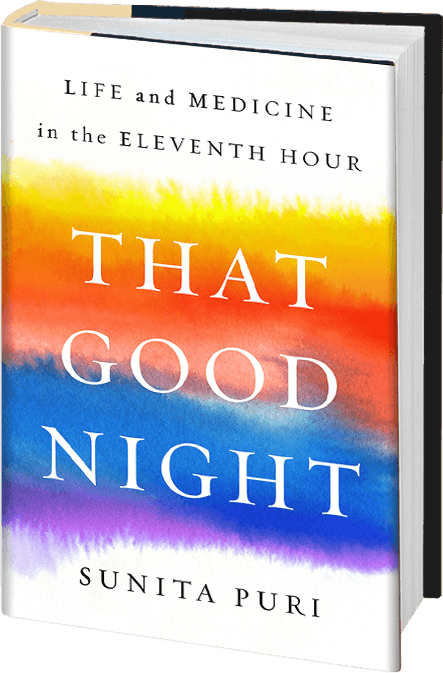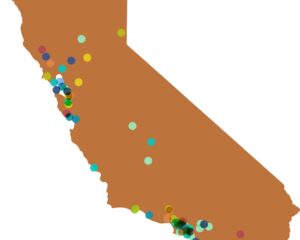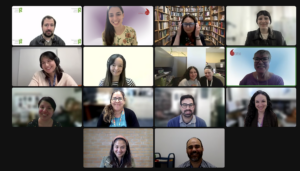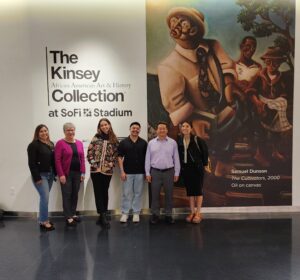For more than a decade, California Humanities’ Literature & Medicine program, a humanities-focused professional development program, has brought health care professionals around the table for thoughtful discussions about pieces of literature that relate to their work as caregivers. Each month, participants meet to take part in discussions that explore a wide range of topical subjects as well as delve into deeper historical issues shaping healthcare. In doing so, Literature & Medicine has fed the hearts and minds of those who take part in it.
Recently, this program has taken on new significance because it has enabled the humanities experts who serve as program facilitators and the participating health care providers and hospital site partners to reflect on the impact the COVID-19 pandemic has made on their work as caregivers. They explore this impact through works of poetry, prose, personal narratives, and humor. The responsiveness of the Literature & Medicine program considering the pandemic has proven to be of vital benefit for the participants of this program. One participant reflected, “The readings/pieces related to pandemics were interesting because they were so timely, I saw them through a different filter than I would have at a different time.”
As the Program Officer overseeing the Literature & Medicine program for California Humanities, I also learned so much about the challenges and triumphs faced by the health care providers who participate in this program by joining some of the sessions in action. Last May, I was fortunate to witness the excitement and joy in fellowship shared by the participants of California Humanities’ newest site at Los Angeles’ Kaiser Permanente Medical Center program site. For many in this group, the opportunity to participate in a hybrid Literature & Medicine session, after attending months of virtual sessions, brought happiness and enthusiasm for the participants to see each other in person, share a meal, and catch up on work and life-related topics. Because this new site launched during the holiday surge of the pandemic, virtual sessions enabled participants to maintain social distance and take part in the program despite increased workloads and other personal challenges.
This meeting was also notable because Dr. Sunita Puri, a palliative care physician and author of the book, That Good Night: Life and Medicine in the Eleventh Hour, joined and spoke to the group as the guest author. Before presenting her work, Puri candidly shared her feelings of exhaustion from working grueling days. There was a spark of instant recognition among the physicians who understood Dr. Puri’s circumstances through their own work as medical professionals. In an intimate setting like the Literature & Medicine session, this group of health care providers felt comfortable discussing their work, feelings, and the life experiences that shaped their paths to becoming health care providers. In particular, the participants spoke about the family members, personal experiences, and mentors who catalyzed their interest in health care and caregiving.
That night, one of the prompts that poet and author, Dr. Anna Leahy, the program facilitator, put on the table was, “What kinds of things happen in the day-to-day that medical school did not prepare you for?” Participants passionately spoke about the challenges to spending meaningful time with patients, the role of narrative in reflecting and capturing self as a person in the world and a doctor, and how storytelling makes medical knowledge accessible to patients. Many participants offered thoughtful reflections about how their work has changed since the start of the pandemic. As Leahy has also reflected, “I’ve seen firsthand the toll on healthcare workers this past year, not only those treating covid patients in the hospital but on that entire professional community. Whatever material we’re reading, our conversation inevitably turns to the pandemic. That’s where our lives are now, and literature speaks to the human condition not only of when and where it’s written but also of when and where it’s read. Sometimes, a poem moves some of us to tears.”
Click here to read more about Dr. Leahy’s experience facilitating the Literature & Medicine program during the pandemic.





